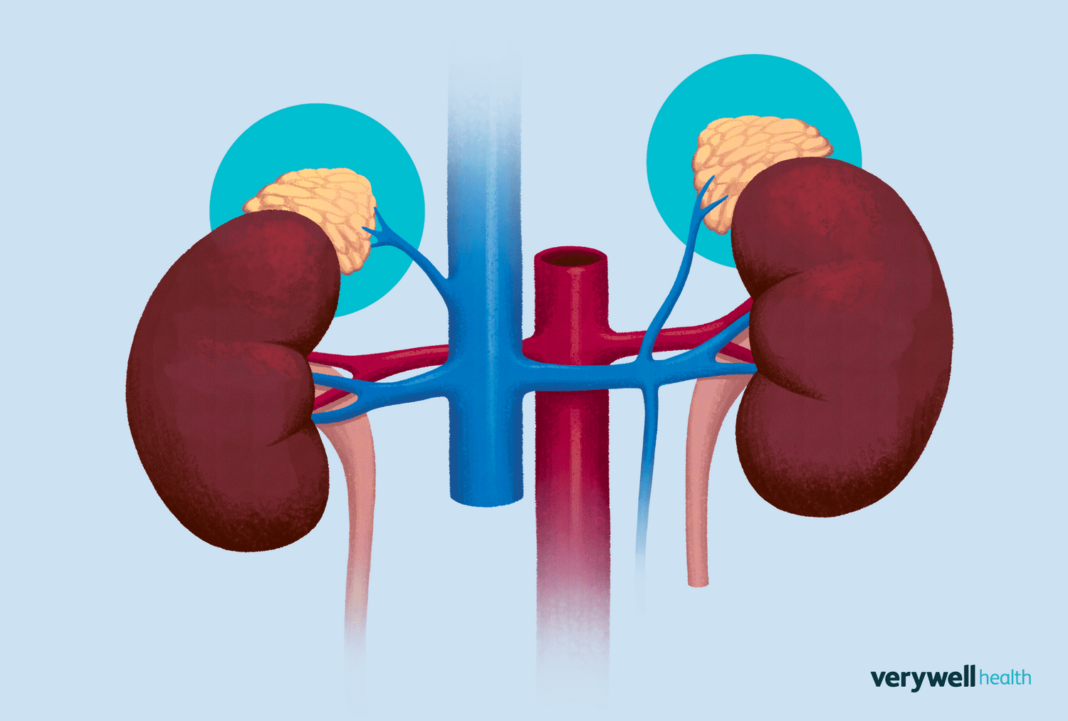Aldosterone Function and Signs of Imbalance
Introduction
Aldosterone is a hormone produced by the adrenal glands that plays a crucial role in regulating the body’s fluid balance and blood pressure. It is part of the renin-angiotensin-aldosterone system, which helps to maintain homeostasis in the body.
Aldosterone Function
Aldosterone functions primarily in the kidneys, where it acts on the distal tubules and collecting ducts to enhance the reabsorption of sodium and water while excreting potassium. This process helps to maintain the body’s electrolyte balance and blood volume, thus regulating blood pressure.
Signs of Aldosterone Imbalance
1. Hypertension
One of the most common signs of aldosterone imbalance is high blood pressure. Excessive levels of aldosterone can lead to increased sodium retention, resulting in elevated blood pressure levels.
2. Hypokalemia
Low levels of potassium in the blood, known as hypokalemia, can be a sign of aldosterone excess. As aldosterone promotes the excretion of potassium, an imbalance in this hormone can lead to potassium deficiency.
3. Edema
Excessive aldosterone can cause the retention of sodium and water in the body, leading to swelling or edema in the extremities or other parts of the body.
4. Fatigue
Imbalances in aldosterone levels can affect the body’s ability to regulate fluid balance, leading to fatigue or weakness due to electrolyte disturbances.
5. Muscle Weakness
Aldosterone imbalance can also result in muscle weakness or cramping, as electrolyte imbalances affect muscle function and contraction.
Conclusion
In conclusion, aldosterone is a vital hormone that plays a key role in regulating the body’s fluid balance and blood pressure. Imbalances in aldosterone levels can lead to a range of symptoms, including hypertension, hypokalemia, edema, fatigue, and muscle weakness. It is important to consult a healthcare provider if you experience any signs of aldosterone imbalance to determine the underlying cause and receive appropriate treatment.
FAQs
Q: What causes aldosterone imbalance?
A: Aldosterone imbalance can be caused by various factors, including adrenal gland disorders, kidney diseases, and certain medications.
Q: How is aldosterone imbalance diagnosed?
A: Aldosterone imbalance can be diagnosed through blood tests to measure aldosterone levels, as well as imaging studies to evaluate the adrenal glands and kidneys.
Q: How is aldosterone imbalance treated?
A: Treatment for aldosterone imbalance depends on the underlying cause but may include medication to regulate hormone levels, lifestyle changes, or surgery in some cases.




